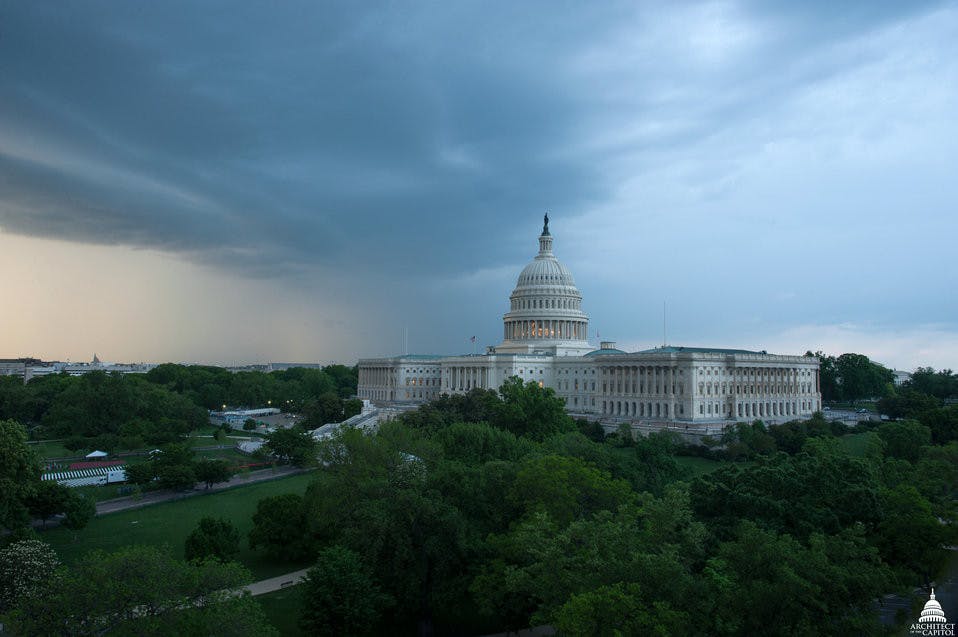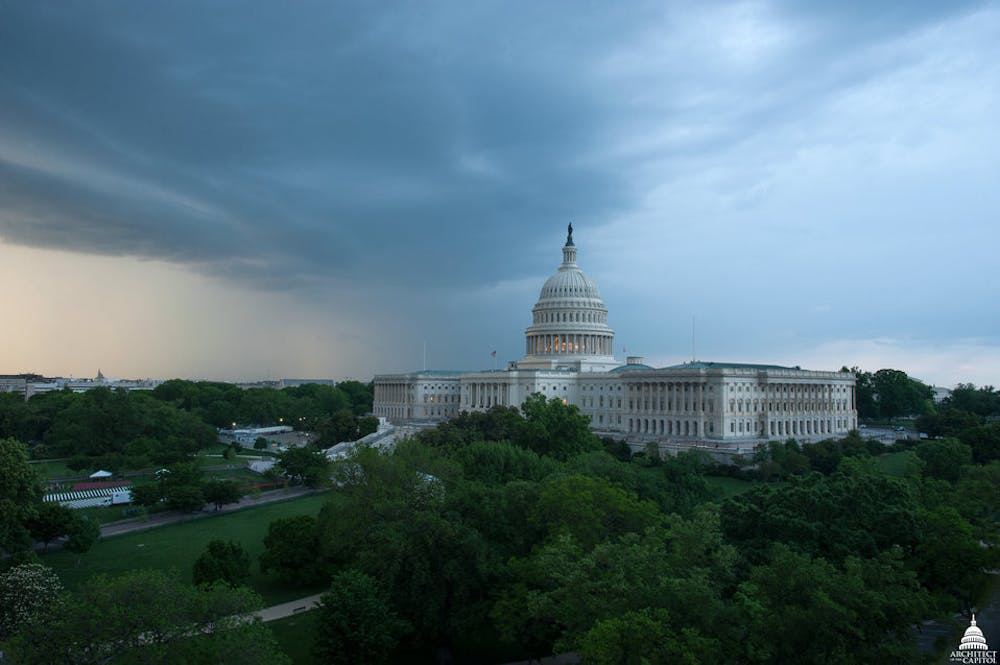The United States partial government shutdown continues into its 34th day today, leaving more than 800,000 federal employees furloughed or working without pay and making it the longest shutdown in history.

President Donald Trump made a new offer to Democrats on Saturday in an effort to ramp up pressure on Congress to end the shutdown and meet his demand for $5.7 billion in funding for a wall on the US-Mexico border.
Proposing a three-year extension on Deferred Action for Childhood Arrivals (DACA), an Obama-era immigration policy that granted amnesty to some individuals who were brought to the United States illegally as children, as well as an extension on temporary protected status for immigrants from some Latin American and African nationals, Trump sought to sweeten the deal for House Democrats, who quickly rebuffed it.
Senate Majority Leader Mitch McConnell promised to bring Trump’s offer up for a vote on the Senate floor Thursday, but House Speaker Nancy Pelosi called the offer a “non-starter” and urged Trump to take action to open the government without wall funding as a prerequisite.
As the shutdown continues to drag on without a deal in sight, some students are beginning to worry how it might affect their lives, particularly concerning their internships and FAFSA forms, which help determine students’ eligibility for financial aid each year.
While the Department of Education is currently fully funded and open, agencies such as the Department of Homeland Security, the Department of Justice, and the Selective Service System have been unable to perform federal agency matches that are used to verify student’s identities and are required for about one-third of FAFSA applicants.
Additionally, the Internal Revenue Service (IRS) is operating with a skeletal staff as 90% of their employees remain furloughed. As a result, the IRS is reportedly struggling to keep up with requests for copies of tax transcripts and other financial documents required to fill out the FAFSA.
In the meantime, the Department of Education is encouraging students to “fill out [their] FAFSA form and/or make payments on [their] federal student loans as [they] normally would,” despite acknowledging that “some systems and processes depend on information from — and actions taken by — other federal agencies, several of which are currently closed.”
Javonda Asante, director of Seton Hall’s Office of Financial Aid, echoed the sentiments expressed by the Department of Education in an email to The Setonian. Asante reiterated that the shutdown has had “no impact on students being able to file the FAFSA” and that Seton Hall has not heard from any students who are having trouble filling it out.
Asante also added that the Department of Education recently released new guidance this week to college financial aid offices that would allow them to accept copies of tax returns when IRS tax transcripts cannot be submitted.
She failed to mention what students should do, though, should they need further verification from other agencies, such as proof of permanent residency.
“If a student had any issues submitting the FAFSA by the Jan. 15 [priority] deadline they can email the office and we can investigate,” Asante said.
In addition to the spillover effects on students’ FAFSAs, some are also losing out on crucial internship opportunities as federal agencies and offices have been forced to shutter their doors around the country.
On such student, Parker LaCourse — a junior diplomacy major — was set to begin an internship with the U.S. Equal Employment Opportunity Commission (EEOC) this semester, one of the agencies who’s funding lapsed in December. As a result, his office closed just as he was about to begin working.
“Come late December, a week or so in to the shutdown, I hadn’t heard a thing from the office [regarding the status of my internship],” said LaCourse, who eventually made the decision to move back to South Orange from Vermont a week earlier out of fear that the office would suddenly open back for intern orientation sessions, and he wouldn’t be there to attend. “I’d rather be in New Jersey and wrong than be all the way back home in Vermont and wrong.”
Now almost two weeks into the semester, LaCourse’s office still hasn’t opened back up, and he’s yet to hear about what the shutdown could mean for his internship at the EEOC. If the office doesn’t reopen soon, LaCourse is worried that could lose out on credit for one of the Diplomacy School’s required internship courses, which stipulates that in order to get college credit for an internship, a student has to work a certain number of hours.
“[If] the government doesn’t reopen with enough time left in the semester for me to log hours, I could lose $3,000 for the internship course I have to sign up for,” he said.
Overall, LaCourse expressed frustration toward the shutdown.
“At what expense is this all happening? This shutdown is no longer about political agendas and border security,” LaCourse said. “Neither party wants to give in and look weak, and they’re willing to put 800,000 employees out of work for it. It seems like the only way this shutdown ends is if Congress overrides a presidential veto on a funding bill.”
Nicholas Kerr is the News Editor for The Setonian. He can be reached at nicholas.kerr@student.shu.edu.





